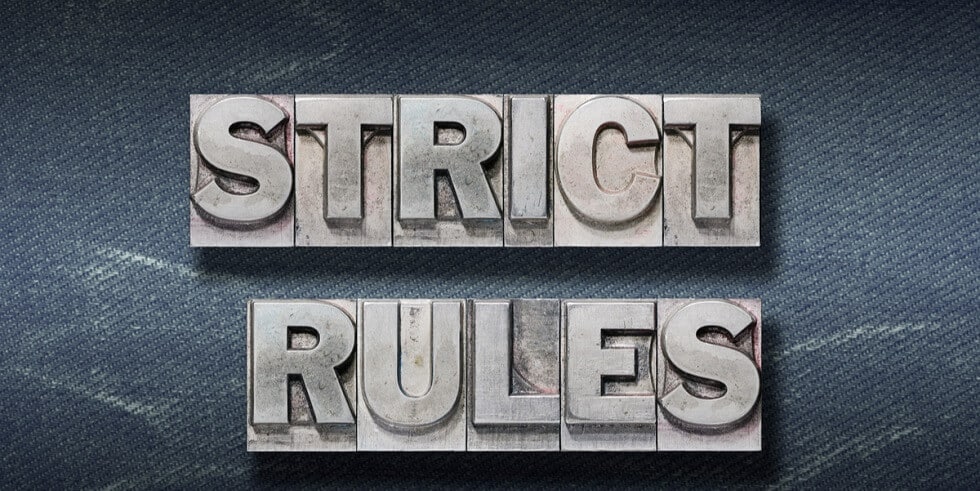Getting the skinny on weight loss product chargebacks

Weight loss programs and weight loss dietary supplements are a growing multibillion dollar industry. Many companies have ridden the boom in fashionable diet trends like keto, paleo and intermittent fasting. The popularity of these products and services has caused more weight loss merchants to seek fast and easy credit card processing. But if dieting is tough, so can be finding a payment service provider (PSP) willing to process payments for a weight loss business.

The problem is a financially significant percentage of weight loss customers are likely to seek chargebacks due to buyer’s remorse or what is perceived as dishonest advertising. When their weight loss goals aren’t met or they decide they aren’t as motivated to stick to their weight loss regimen as they initially thought, clients will look for ways to get their money back. This makes the weight loss industry high risk for PSPs and acquirers.
Sales tactics that court risk
Popular sales tactics among weight loss merchants also don’t help. Selling diet pills online is a booming but competitive business. To stand out of the crowd, diet pill businesses have thought of new ways to lock in clients and make sales.

Promotions in the diet pill industry range from free samples to continuity billing and pre-checked boxes. In continuity billing, a company offers to send you a trial of their product and charge you after if it’s not sent back. Pre-checked boxes on order pages place the purchase of certain items as the default choice when filling out the page. The use of these aggressive tactics is often frowned upon by payment processors because customers may claim the charge as unauthorized. This could lead chargebacks to pile up and imperil your merchant account.
Dieting is about maintaining consistency. This is why subscription boxes and subscription billing are also a popular model for the industry. Whether it’s a keto diet, protein bars, or a fitness item to keep customers fit, ongoing use and steady purchasing are useful for both the customer and the merchant. The customer receives a flow of new items to use regularly, while the merchant can chalk up steady sales.
However, subscription billing is one practice that increases the risk level of a merchant. Consumers often forget their subscriptions over time and sometimes they will initiate a chargeback to recover money they feel that they didn’t intend to spend.
Health-related factors that add risk
One of the easiest ways to get rejected for a merchant account or lose it if you already have one is using unregulated or banned substances in your supplements. Check that your targets markets doesn’t ban ingredients found in your products. If you sell in the U.S., that means regularly following updates on the Food and Drug Administration (FDA) website to ensure you are abiding by all regulations.
If an ingredient in your product gets banned overnight, contact your payment processor immediately. Ask them for the maximum number of days required before you must swap out the product. Your PSP will be understanding as long as you are transparent and show you are making efforts to rapidly remove prohibited products to stay compliant.
Making false claims

The FDA has strict rules about claims made when marketing weight loss products. Anyone who endorses a product or service must follow strict social media ad rules. It does not matter if it’s a celebrity or an influencer. Medical claims should only come from real health professionals. False or exaggerated health claims could lead to damaging lawsuits as well as chargebacks from “product not as advertised.” PSPs will be wary of you if you make any grand health claims.
Similarly, payment processors will expect you to show proof of good manufacturing practices (GMP) licenses. Wait until you have them in hand before approaching a PSP or acquirer. A provider could be taking a big risk if you sell products without certification proving you are following safety regulations.
Steps to take to win over PSPs
The credit card networks outline specific website compliance requirements for different business categories. Therefore, that is where you need to start in ensuring your website and business will be authorized to get a merchant account.
Other than that, you should:
- Make the details of any trials and introductory offers as explicit as possible on your checkout page and in your terms and conditions.
- Build your order form so that customers explicitly confirm their acceptance of subscription or recurring billing if you use that model.
- Avoid making exaggerated health claims or any medical claims by non-doctors.
- Possess proof that your manufacturing process follows safety regulations.
For more information on how you can fight chargebacks on your weight loss products, contact us at Justt.
Contact us to learn more about how Justt can help your bottom-line






